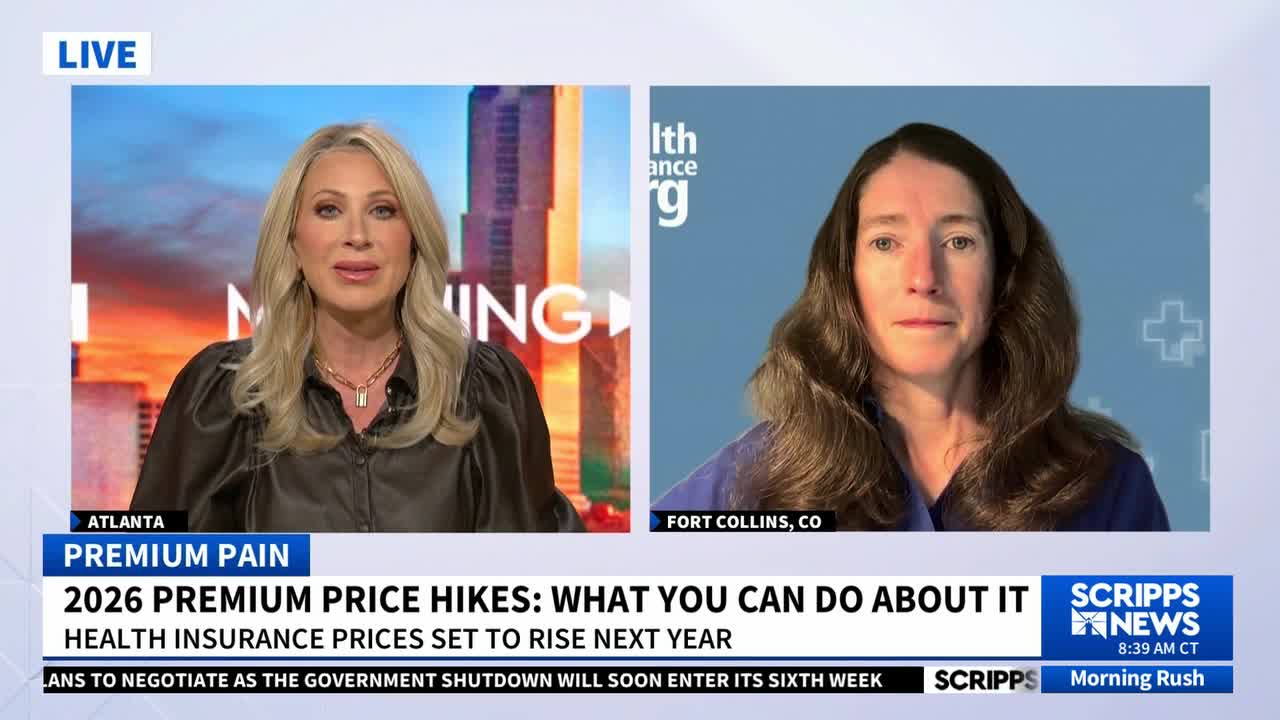Health insurance premiums in the Affordable Care Act marketplace could increase by an average of 114% for subsidized enrollees in 2026 if Congress fails to extend enhanced subsidies set to expire at the end of 2025.
The dramatic increase stems from the scheduled expiration of subsidy enhancements that have helped millions of Americans afford health coverage. Without congressional action, many people will lose their subsidies entirely, while others will see significantly reduced assistance.
"The primary factor that's driving premiums so much higher is the impending expiration of the subsidy enhancements," said Louise Norris, a health policy analyst with healthinsurance.org. "For people who get a subsidy in the marketplace, which is nearly everyone, the average premium increase is more than 100%."
PREMIUM PAIN | Why your health care monthly premium is going up & what you can do about it
Base premiums across the marketplace are rising by an average of 26% for 2026, but the loss of enhanced subsidies means the actual cost to consumers could be far higher.
Insurance companies factored the expected subsidy expiration into their rate calculations, anticipating that younger, healthier people would drop coverage due to higher costs.
RELATED STORY | You can now sign up for 2026 Obamacare coverage — but costs may still rise
Consumers can prepare by updating their marketplace accounts with projected 2026 income and household changes without immediately selecting a plan. If Congress extends or modifies the subsidies, people can change their plan selection up until the Dec. 15 deadline.
For those who cannot afford ACA marketplace coverage, Norris cautioned against non-ACA-compliant alternatives, which often exclude pre-existing conditions and may not cover essential health benefits.
The enhanced subsidies were originally implemented as a temporary measure during the COVID-19 pandemic but have been extended multiple times.











